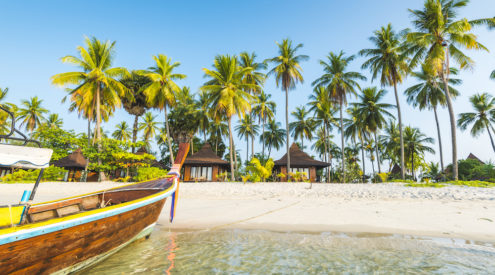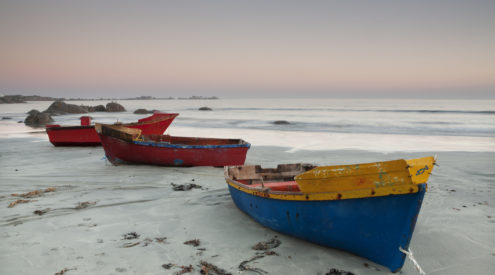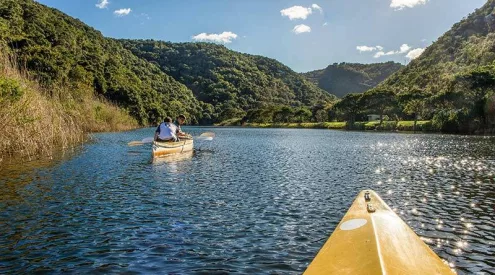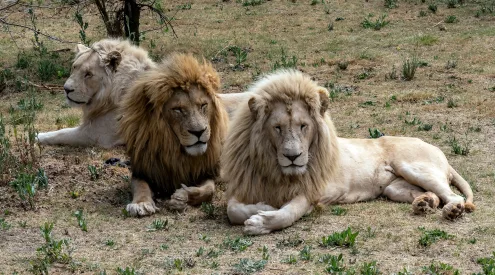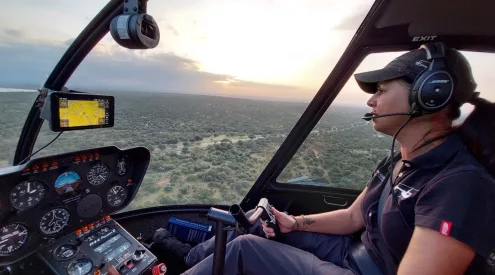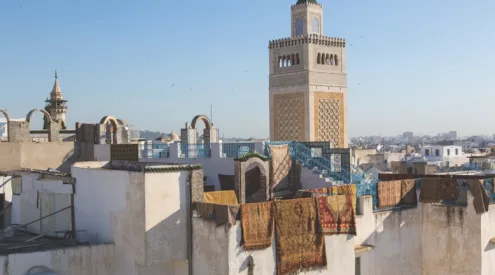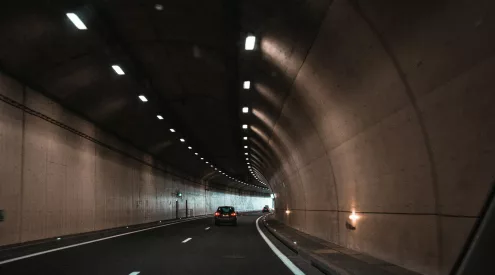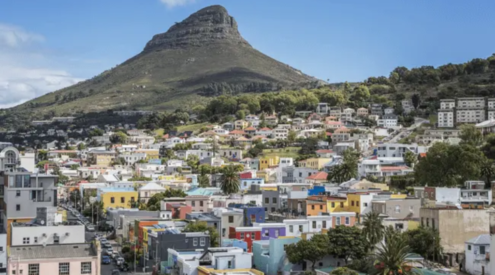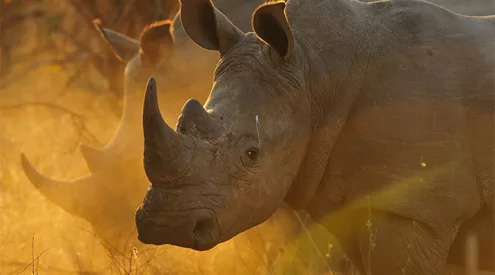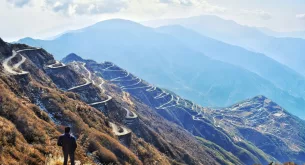Is there really a space for oil and gas exploration in South Africa’s ‘Sustainable Blue Economy’?
In President Cyril Ramaphosa’s State of the Nation Address in February of 2019, he announced and commended the discovery of the Brulpadda gas condensate off the southern coast of South Africa.
This was one of the largest hydrocarbon finds of 2019, with Ramaphosa calling it a ‘game-changer for the country,’ with the South African government voicing concerns that the PetroSA GTL plant at Mossel Bay could run out of natural gas within two years when the existing offshore reserves dry up.
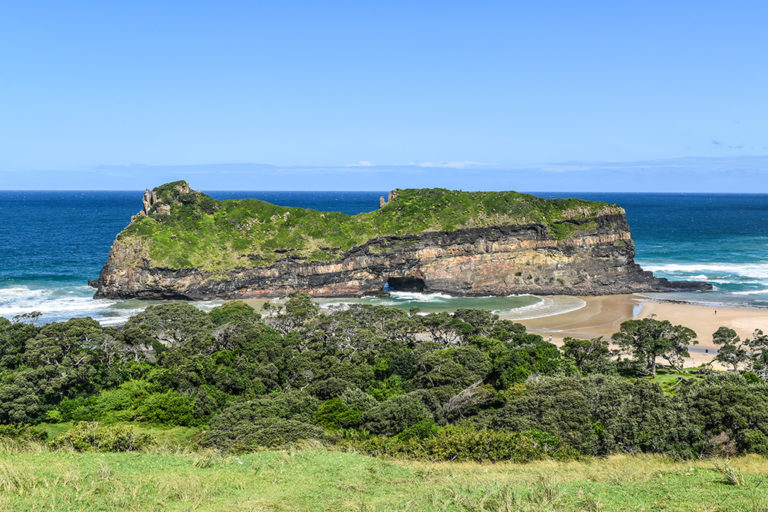
Picture: Hole in the Wall on the wild Coast. Elise Kirsten/ Getaway Gallery
What is more, South Africa’s Council for GeoSciences (CGS) stated in their recent annual report that ‘With increased interest in identifying new mineral resources and promoting environmental stewardship of South Africa’s Blue Economy comes the realisation that in many ways the ocean environment represents a ‘last frontier.’’
A so-called ‘blue economy’ is a long term strategy to support sustainable, long-term growth by utilising ocean-related sectors and activities. South Africa committed to the Sustainable Blue Economy in 2014 when the government launched Operation Phakisa: Oceans Economy Programme as part of the 2030 Agenda for Sustainable development.
This whole project, predicted to contribute R177 billion to the GDP by 2033, creating 1 million direct jobs, sparked revived interest in exploration off Southern Africa’s shores.
The CGS has since then embarked on mapping South Africa’s mineral resources, with the goal of capturing a 5% share of global exploration expenditure, and new partnerships with the South African Navy and the acquisition of a small research vessel to ramp up offshore mapping.
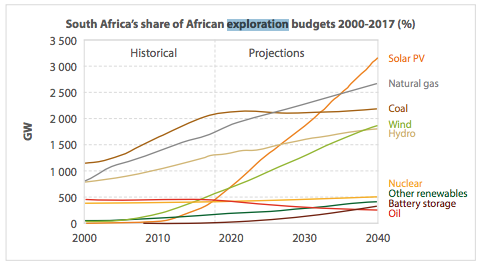
Picture: Council for Geosciences.
And the results are telling, for the first time, the CGS has produced an offshore geological map for the South Coast. But this news should be viewed through a critical lens. At a time when world leaders are meeting to discuss moving away from fossil fuels at COP26, in what many are calling the most important environmental summit, is there really a space for oil and gas exploration in a ‘Sustainable Blue Economy’?
To put this into perspective, South Africa relies on coal for 93% of its energy needs. Coal is the worst emitter of greenhouse gases such as carbon dioxide and sulfur dioxide, so a move towards natural gas could go some way to lowering our carbon footprint, and getting closer to the 2030 commitments.
News broke this week that Shell was granted exploration rights for areas along the wild coast, specifically the Algoa and Transkei blocks, with a two-year exploration period that commenced in August 2021.
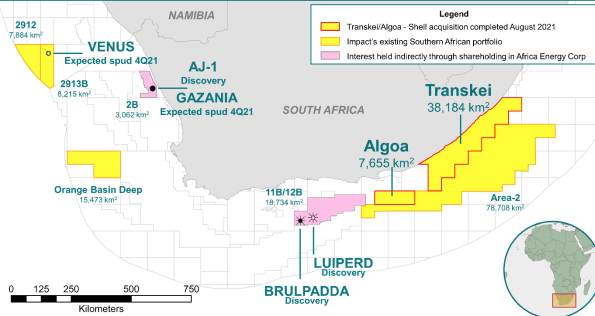
Picture: Impact Oil and Gas.
With South Africa being a developing country with growing electricity demand, it will be important to supply its residents with a sustainable source of power. Even though the impetus to explore gas represents a move away from coal, it is still not a silver bullet in moving away from fossil fuels.
The CGS, while acknowledging in their report that ‘several global sustainability initiatives recognise the importance of the world’s oceans, there is an increased need to enhance economic growth through research into the continental shelf of South Africa,’ and ‘this will, in turn, boost the country’s Blue Economy and assist in effectively planning adaptive strategies to address threats to infrastructure and the coastal community posed by sea-level rise,’ the report added.
What is important to note is that there is a general acceptance that the climate is changing, but rather than try to move away from fossil fuels to combat climate change, the recommendation of this initiative is to exploit them further, while at the same time putting immense pressure on marine life and the coastal environment through sustained seismic testing, infrastructure and drilling.
Yes, oil and gas reserves along South Africa’s coast have the potential to create many jobs for South Africans, and fuel much-needed economic growth, but questions need to be asked if this is the most feasible and sustainable option when advocates for a Global Green New deal have argued that a transition towards a decarbonised economy has the potential to create millions of new jobs. Especially when considering South Africa has one of the highest potentials for solar power in the world.
In line with the current COP26 in Glasgow, perhaps it is time for South Africa to reimagine how it pursues the Blue Economy initiative. With Operation Bhekisa set on exploiting mineral resources, it seems at odds with the UN’s outline of a blue economy as a ‘sustainable economic paradigm.’
ALSO READ
COP26 in full swing: What is the latest and how is South Africa faring?

